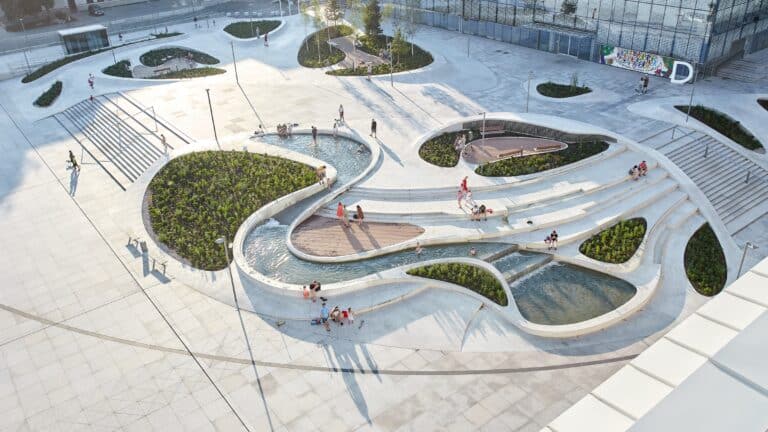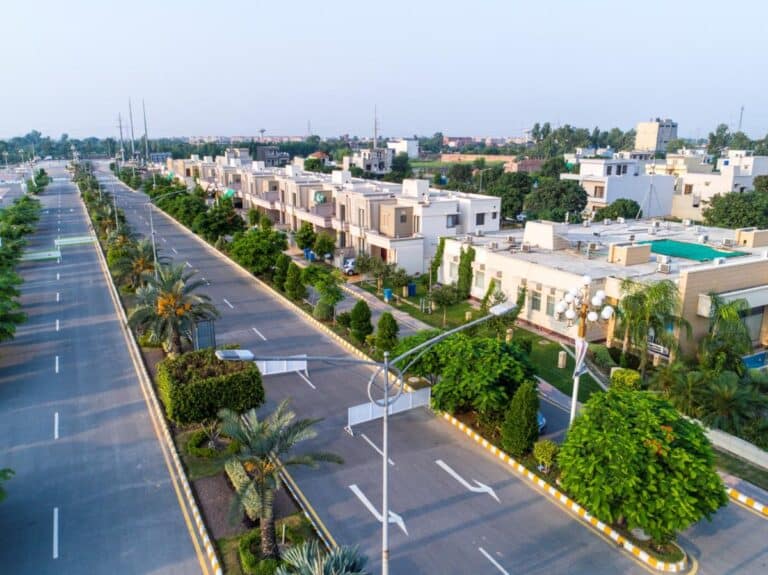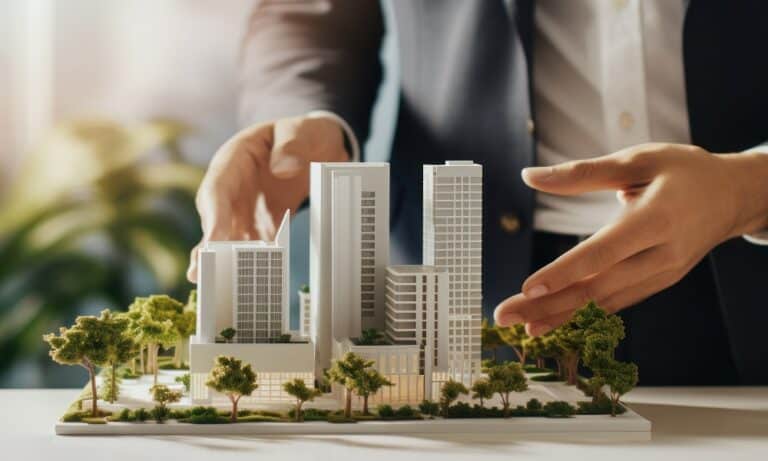Sustainable architecture is more than a design trend it’s a necessary approach to combat the global climate crisis. As buildings contribute nearly 40% of global carbon emissions (World Green Building Council), architects have a critical role to play in crafting eco-friendly environments that minimize environmental impact.
Passive Design Techniques
Passive design takes advantage of natural energy sources such as sunlight and wind. For example, orienting a building to maximize solar gain in winter and shade in summer significantly reduces reliance on artificial heating and cooling systems. Thermal mass materials like concrete and brick can store heat during the day and release it at night, balancing indoor temperatures without additional energy input.
Net-Zero Buildings
Net-zero energy buildings generate as much energy as they consume, typically using solar photovoltaic panels, wind turbines, or ground-source heat pumps. Notable examples include the Edge in Amsterdam and the Bullitt Center in Seattle both pioneering smart, energy-efficient office environments.
Green Roofs and Walls
Green roofs help to regulate building temperatures, reduce urban heat islands, and support biodiversity. In urban areas like London and Singapore, living walls are being used extensively on commercial buildings to enhance air quality and promote mental well-being.
Recycled and Low-Carbon Materials
From reclaimed wood to hempcrete, sustainable materials are reshaping construction. Cross-laminated timber (CLT), a strong yet renewable wood product, is gaining popularity as a low-carbon alternative to steel and concrete.
Sustainable architecture isn’t just about reducing harm it’s about creating buildings that actively contribute to a healthier planet and society.





